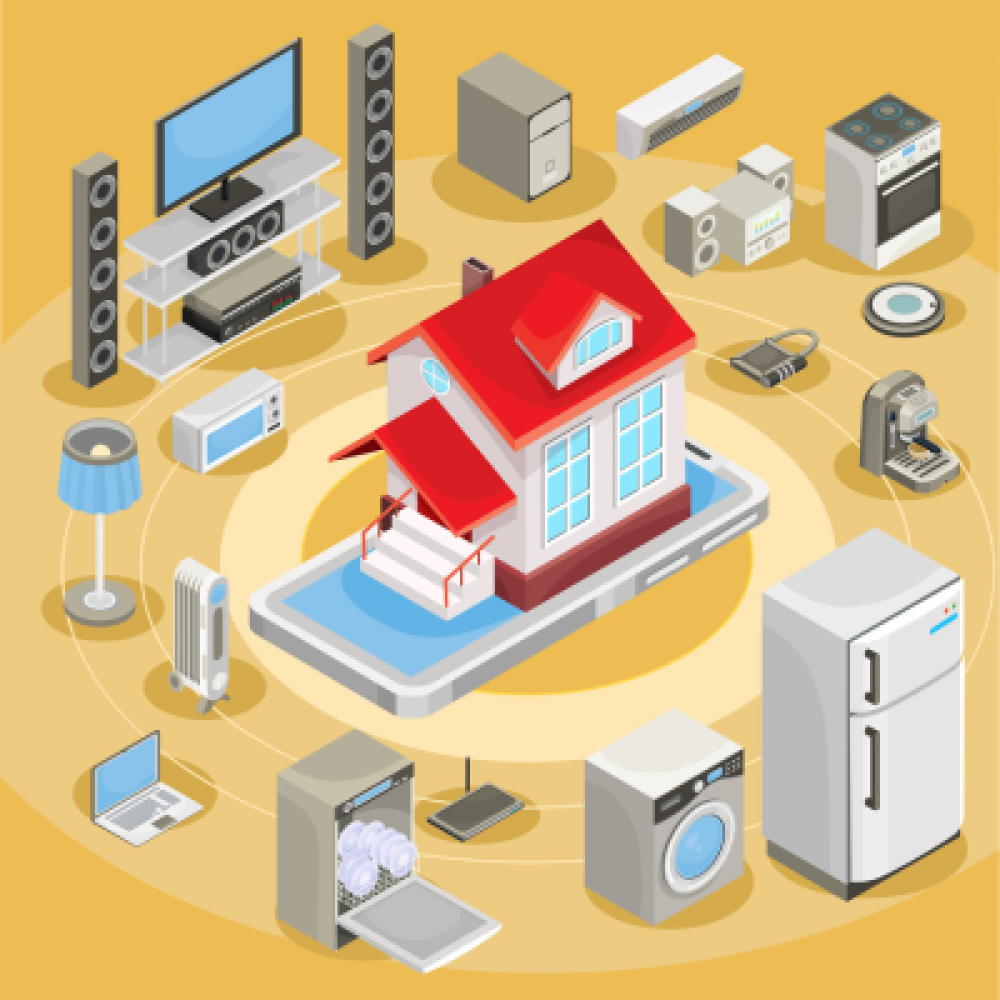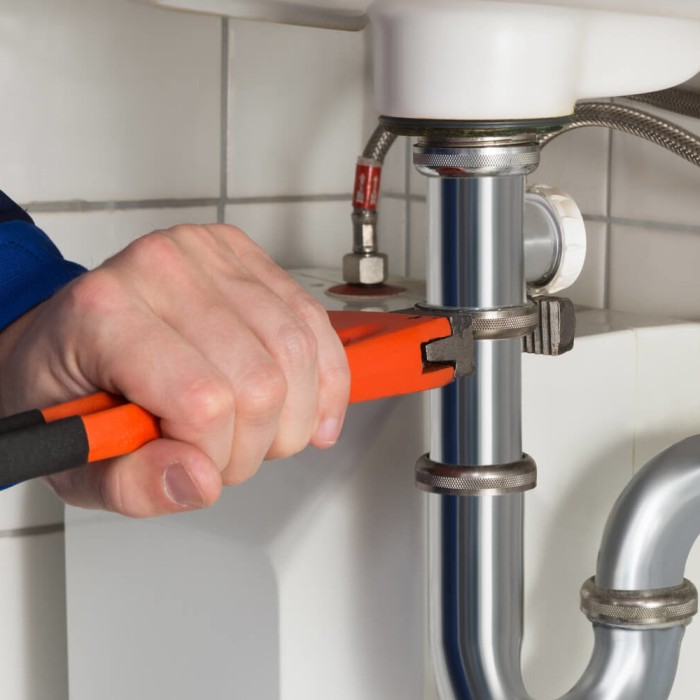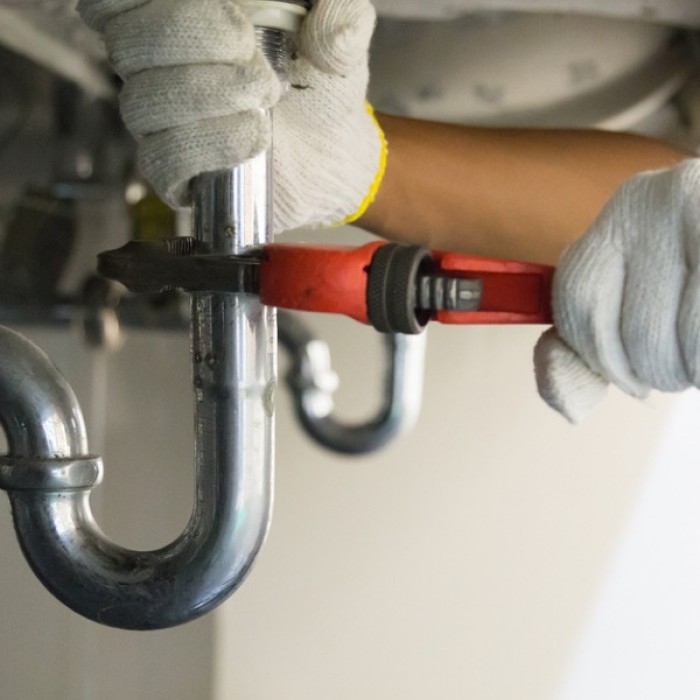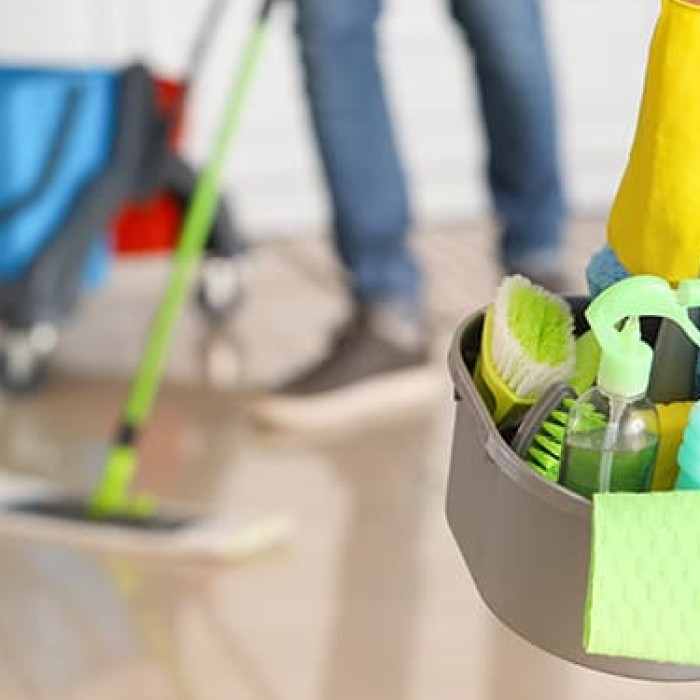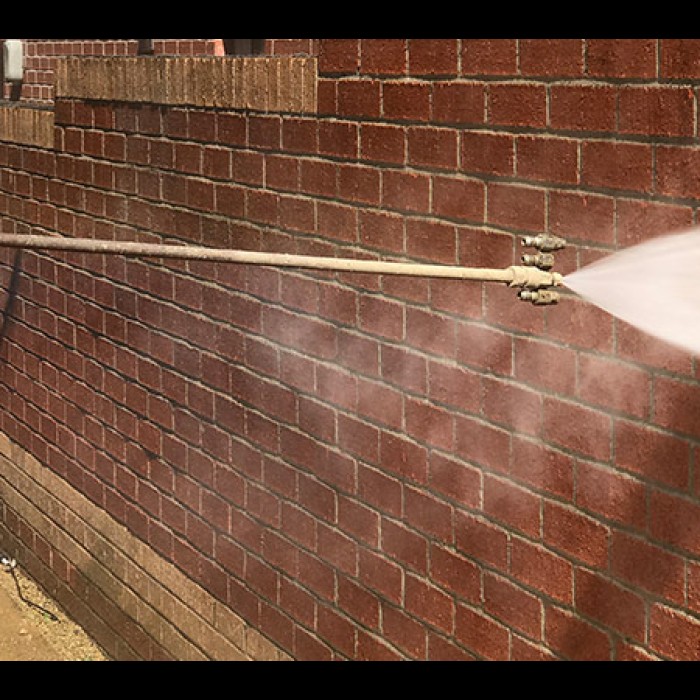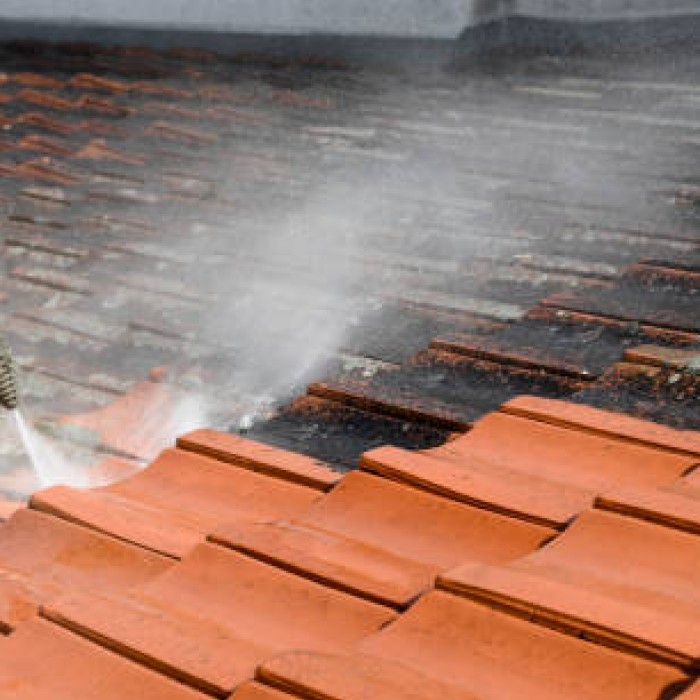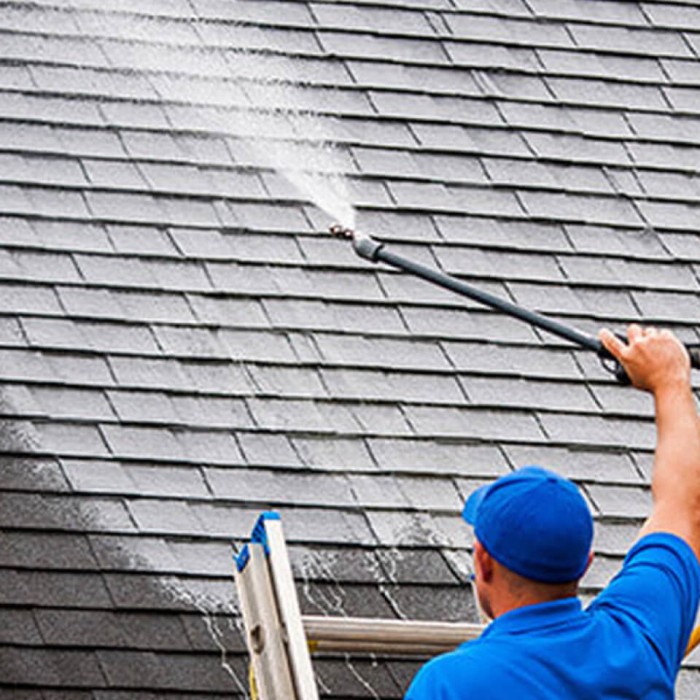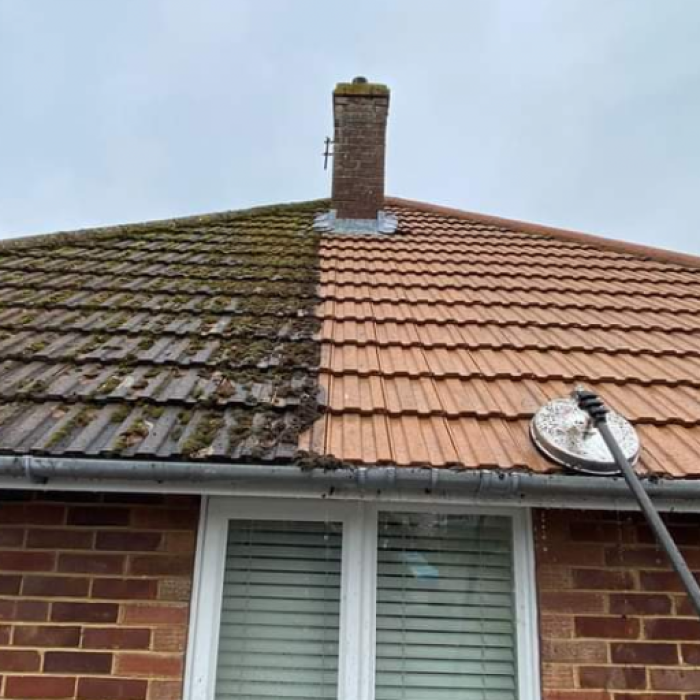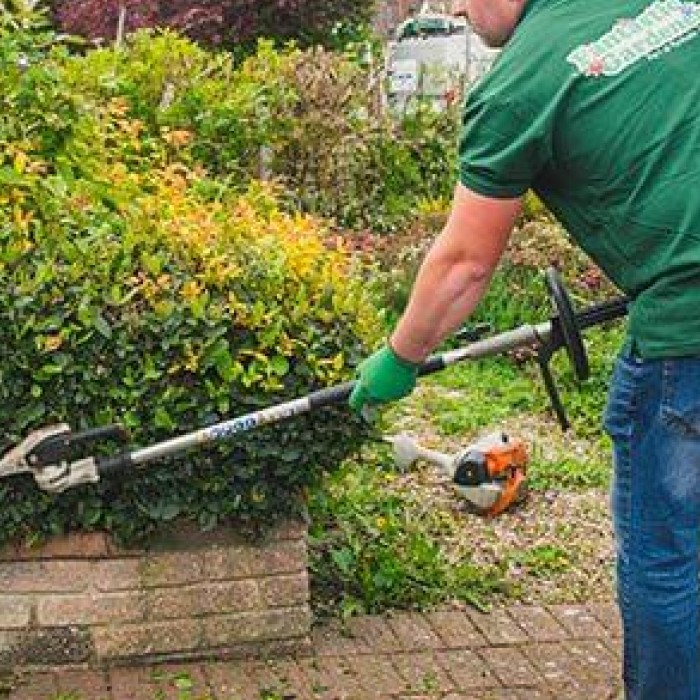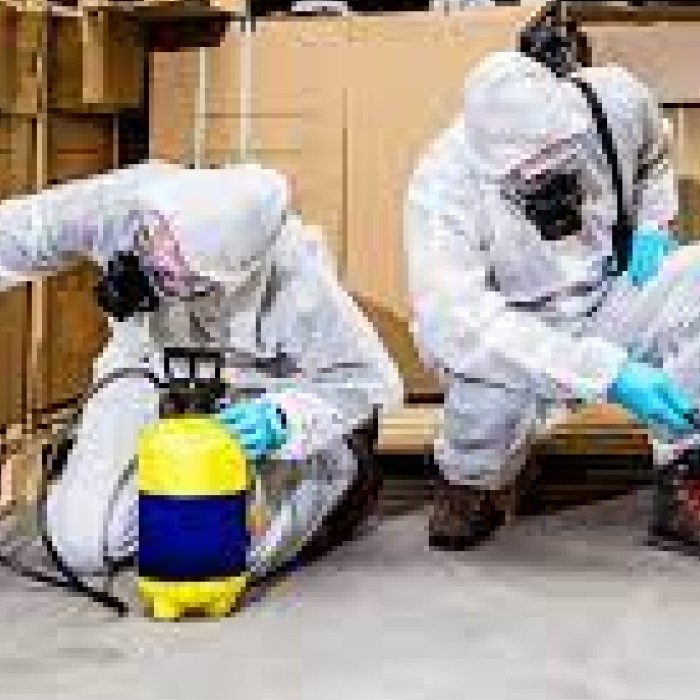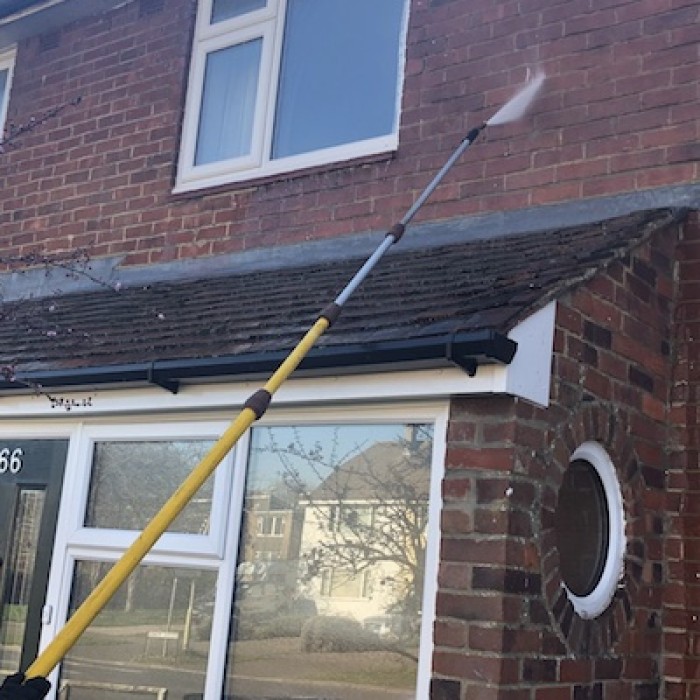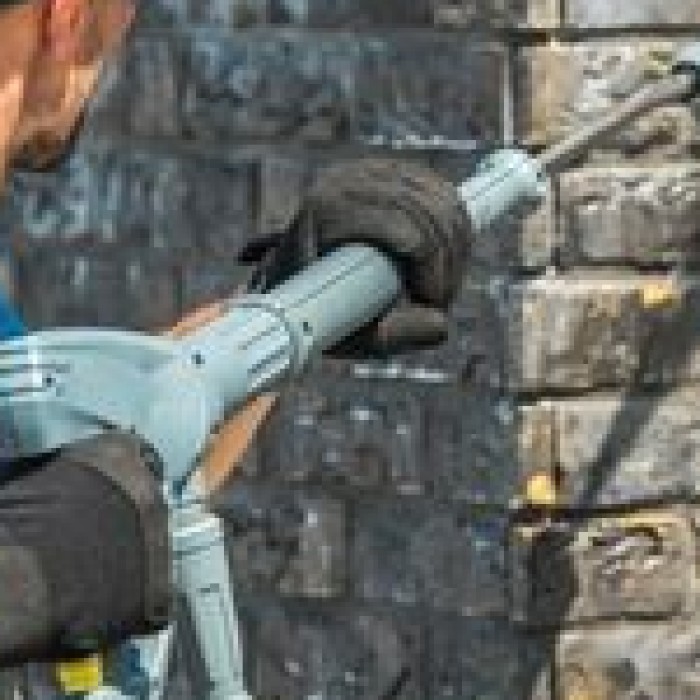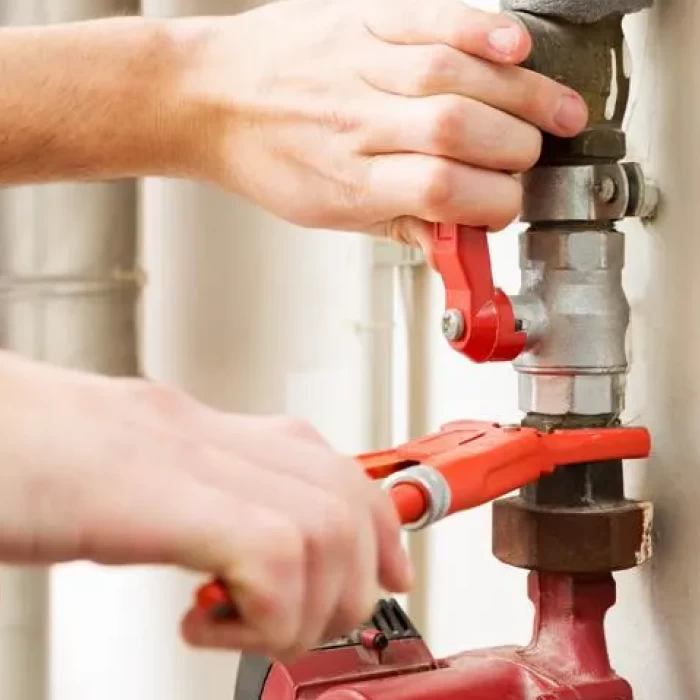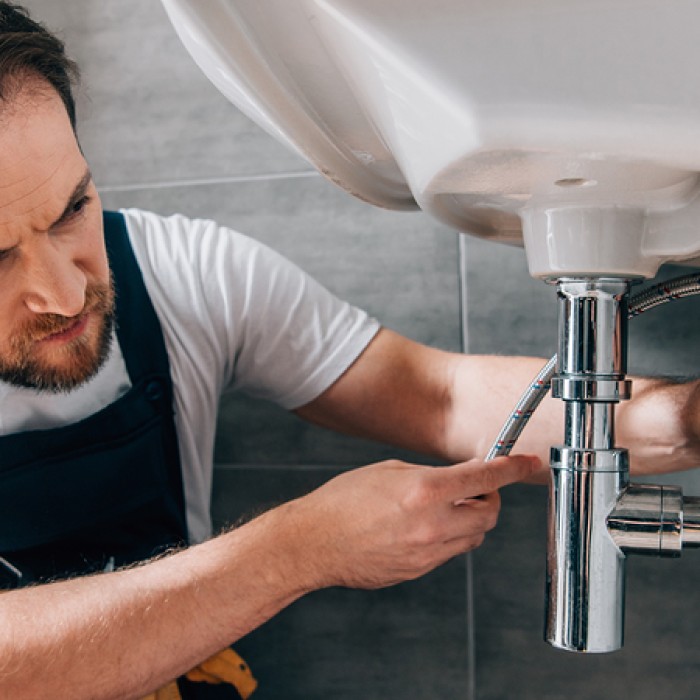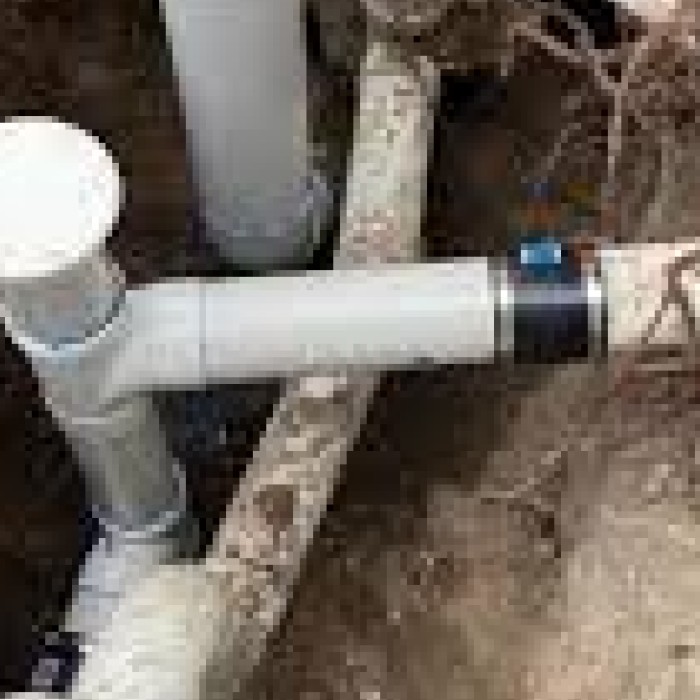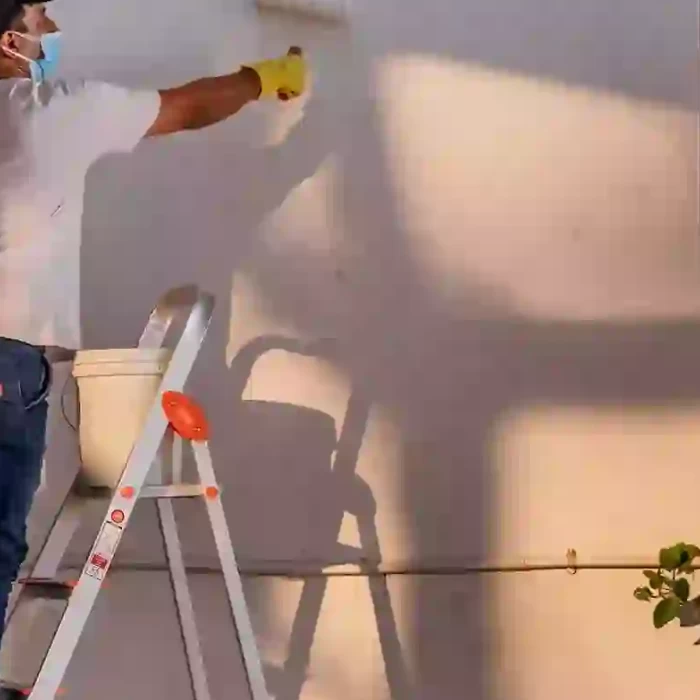Basics of Electrical Home Appliances You Need to Know
Basics of Electrical Home Appliances You Need to Know
Many homeowners overlook the importance of understanding their home electrical home appliances, often leaving the intricate wiring and circuitry to the professionals. However, having a basic knowledge of how your electrical home appliances works can bring numerous benefits. For instance, being aware of your home's electrical setup allows you to make informed decisions about energy consumption, resulting in potential cost savings and a reduced environmental footprint. Moreover, understanding the fundamentals of your electrical system provides you with the flexibility to adapt your power usage during high-demand periods, ensuring you have sufficient electricity to meet your needs without overloading the system.
In addition to energy management, knowing the ins and outs of your home's electrical home appliances empowers you to maintain a safe and secure living environment. You become familiar with its inner workings, enabling you to quickly identify and address any tripped circuits or potential hazards. Furthermore, having a basic understanding of electrical safety procedures equips you with the knowledge to handle minor repairs and installations yourself, saving you time and money on professional services. By gaining this foundational knowledge, you take control of your home's electrical system, ensuring that it remains in optimal condition while minimizing the risk of electrical accidents.
Things to know with respect to home electricals
Following are some things that you need to know about your home electrical systems to make yourself a safe, power saving and flexible home environment.
Miniature Circuit Breaker and Fuses
When it comes to home electrical home appliances, miniature circuit breakers (MCBs) and fuses play a vital role in protecting your home from electrical hazards. MCBs and fuses serve as protective devices that automatically shut off the power supply in the event of an overload or short circuit, preventing damage to appliances and reducing the risk of electrical fires.
Miniature Circuit Breaker are often located in the electrical panel and have toggle switches, while fuses are cylindrical and have a transparent window indicating whether they have blown. Replacing a Miniature Circuit Breaker involves pulling out the faulty one and inserting a new one of the same rating. Fuses, on the other hand, need to be unscrewed and replaced with a new fuse of the appropriate amperage. It's essential to understand the specific ratings and limitations of MCBs and fuses to ensure the safety of your electrical system.
Wirings and outlets
When it comes to outlets, different types serve specific purposes. Standard outlets are suitable for general use, while Ground Fault Circuit Interrupter (GFCI) outlets are required in areas prone to moisture, such as kitchens and bathrooms, to provide enhanced shock protection. When renovating or building a new home, paying attention to the wirings and outlets is crucial for both safety and convenience.
Checking the existing wiring involves examining visible wires for signs of wear, damage, or improper connections. It is always important to hire a licensed electrician to install or upgrade your electrical home appliances, as they can handle all the complexities that come with installing such wiring & outlets which can be overwhelming to most homeowners.
inverter for home
Home batteries, such as lithium-ion or lead-acid models, store excess electricity generated by solar panels or during off-peak hours for use during times of high demand or when the grid goes down. Generators also serve the same purpose, whilst burning energy off of some fuel like gasoline or diesel. batteries can be integrated with your home's electrical system and automatically switch to battery power when needed. Generators, on the other hand, must be manually activated during outages.
To ensure their longevity and optimal performance, it's essential to take care of these backup systems. Things like testing the backup power periodically and scheduling regular maintenance checkups for these systems is essential for you to keep them in check and make use of them in the best possible manner.
Safety Signs: Avoid These Common Mistakes
Understanding the signs of potential electrical issues is crucial for maintaining a safe home environment. Look out for flickering lights, frequent circuit breaker tripping, burning smells, or buzzing sounds, as these can indicate underlying problems. Additionally, outlets or switches that feel warm to the touch may be a sign of overloading or faulty wiring.
If you notice any of these warning signs, it's important to take immediate action. Electrical problems can pose significant safety risks, including electrical fires and electrical shocks, so only experienced people must attempt to fix them. Implementing safety practices such as keeping electrical cords away from water sources, not overloading outlets, and using surge protectors can significantly reduce the risk of electrical accidents. Smoke detectors can also help in this regard.
Information on how to fix things
While there are some electrical issues you can tackle on your own, it's crucial to prioritize safety and recognize when a problem requires professional attention. Simple fixes like replacing a light bulb or resetting a tripped circuit breaker can be done by following basic safety protocols. However, for more complex issues such as electrical wiring problems or major appliance malfunctions, it's best to consult a licensed electrician.
Attempting complex repairs without proper knowledge and expertise can be dangerous and may lead to further damage or personal injury. When engaging the services of an electrician, ensure they are qualified, experienced, and adhere to safety standards. By maintaining a balance between DIY fixes and professional assistance, you can address electrical issues effectively while keeping safety at the forefront.
Conclusion
As you can see, understanding the basics of home electrical systems is crucial for maintaining a safe and efficient living environment. By familiarizing yourself with things like circuit breakers, outlets, and wiring, you can identify potential hazards and troubleshoot minor issues. Remember, safety should always be your top priority when working with electricity; it is essential to turn off the power before attempting any repairs or installations. However, for more complex electrical problems or if you are unsure about handling them yourself, it's best to seek the expertise of professionals like Worldwide Services. With their skilled team of electricians, they provide reliable electrical services that ensure the integrity and functionality of your home's electrical systems.

